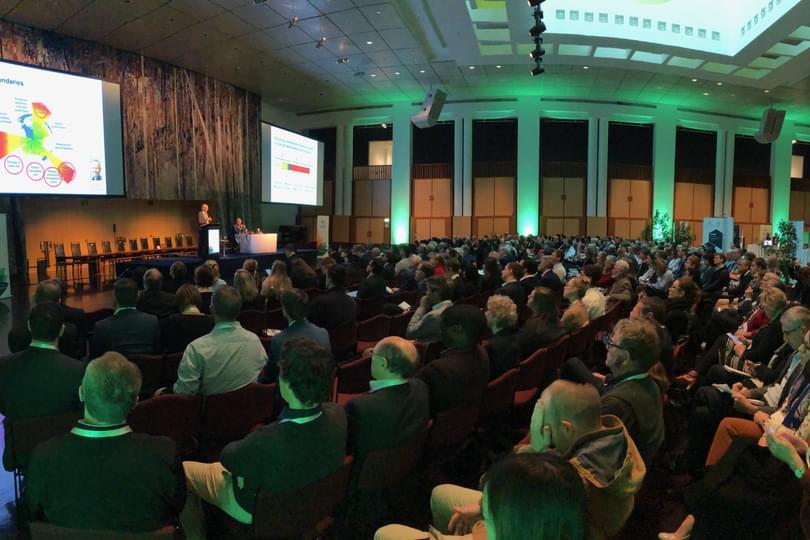
Despite threats posed by global warming and other environmental challenges, an esteemed international expert on food security sees grounds for hope in the efforts to meet elusive goals around agriculture, energy, water and climate change.
Professor Sir Charles Godfray, Director of the Oxford Martin School, will address the question "Can we can feed the world without wrecking the environment?" at the 2019 Crawford Fund annual conference, titled Weathering the ‘Perfect Storm’: Addressing the Agriculture, Energy, Water, Climate Change Nexus.
Sir Charles will make his keynote address in Parliament House, Canberra on 13 August, with international and Australian specialists discussing strategies needed and presenting case studies of success and impact.
"Over the two centuries since Malthus pessimistically predicted the demand for food would inevitably outpace our capacity to produce it, the goal of feeding the world sustainably has seemed elusive, and even receding as we understand the threats posed by global warming and other types of environmental challenge that Sir John Beddington so memorably called the “perfect storm”, said Sir Charles, who chaired the UK Government Office of Science's Foresight project on the Future of Food and Farming.
"I believe there are grounds for hope. Thanks to the demographic transition – the current deceleration in population growth – we can now imagine a future where humanity’s demands of the earth plateau or even decrease. But at that plateau there will be billions more people needing to be fed than exist today."
Sir Charles argues that it is possible to produce enough food without despoiling the environment, but only if we make hard decisions today.
"We require a new revolution in agriculture of the same magnitude as the industrial and green revolutions that not only boosts productivity but also radically improves resource-use efficiency and sustainability."
"We need to reduce waste across the food system. We need to make hard decisions about diets and consumption patterns. And we need to accept globalization and refashion a globalized food system that provides public as well as private benefits."
"These ambitious goals are attainable – it’s game on – but only if we understand the risks and the challenges and build the political will to act," he concluded.
Sir Charles also stresses the importance of carefully thinking about the political context of changing the food system. “If we have learned anything from the populist surge that is sweeping around the world, then it is that we have to look very carefully at the people who lose out from any proposed change,” he said. “If we argue that we should eat less meat then we should also care about the livelihoods of the people affected in order to build a consensus for change”.